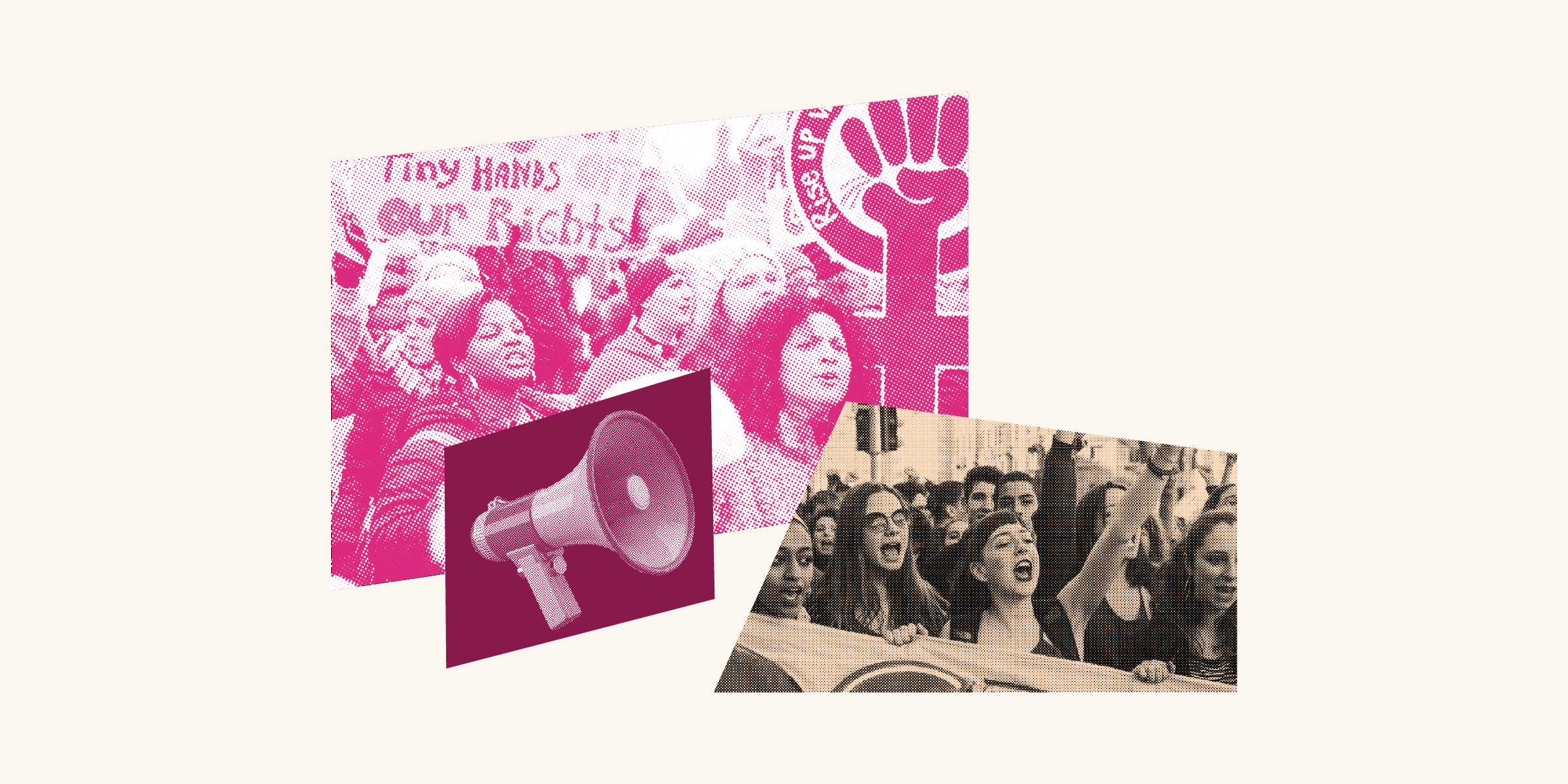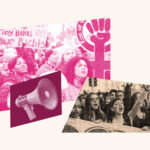Women's Rights in the Workplace
The ACLU works in courts, legislatures, and communities to defend and preserve the individual rights and liberties that the Constitution and the laws of the United States guarantee everyone in this country.

The Latest
Explore More
What We're Focused On
-

Equal Pay
The ACLU works in courts, legislatures, and communities to defend and preserve the individual rights and liberties that the Constitution and the laws of the United States guarantee everyone in this country.
-

Women and Physical Ability Tests
The ACLU works in courts, legislatures, and communities to defend and preserve the individual rights and liberties that the Constitution and the laws of the United States guarantee everyone in this country.
-

Women in the Military
The ACLU works in courts, legislatures, and communities to defend and preserve the individual rights and liberties that the Constitution and the laws of the United States guarantee everyone in this country.
What's at Stake
The ACLU works to ensure that all women—especially those facing intersecting forms of discrimination—have equal access to employment free from gender discrimination, including discrimination based on sex stereotypes, pregnancy, and parenting; discrimination in the form of barriers to working in fields from which women have traditionally been excluded; and the systemic undervaluing of work traditionally performed by women.
Although pregnancy discrimination has long been illegal, workers who are pregnant or breastfeeding are often fired or pushed out of the workplace. This practice is rooted in the stereotype that women should be mothers, not workers, and it is reinforced by workplace policies modeled on traditional male norms.
The ACLU works to end wage discrimination in the workplace and ensure that all workers—regardless of sex, race, national origin, age, or disability—are able to bring home every dollar they rightfully earn. As a result of discrimination, including employers’ reliance on gender stereotypes, women lack parity with men in earnings. On average, women today earn just 78 cents for every dollar that men earn—an increase of only 17 cents on the dollar since the Equal Pay Act of 1963 was enacted. The figures are even more dismal for women of color. Black women are paid only 64 cents and Latinas only 54 cents for every dollar that white men earn. Obstacles such as punitive pay secrecy policies and weak remedies in some of our laws make it difficult to challenge the ongoing wage gap.
A range of barriers prevent women from having an equal opportunity to succeed in jobs from which they have traditionally been excluded. These can include formal barriers, such as physical ability tests unrelated to job performance or bans on their ability to serve in combat units, but they can also include other forms of discrimination and unconscious bias, including policies that force women out of non-traditional sectors like shipping and factory work when they become pregnant or return to work after having a baby.
Finally, the work of caring for children, sick family members, and elderly parents has traditionally been assumed to be, and often is, “women’s work.” This caregiving work, although essential to society, tends to be undervalued and is often either unpaid (when women combine care for their own families with paid work) or underpaid (when they work in caregiving occupations, such as in nursing homes). Workplace policies still fail to account for these obligations, and workers with child or elder care responsibilities often face sex discrimination and harassment, which inhibits their advancement in the workforce.
The ACLU works to ensure that all women—especially those facing intersecting forms of discrimination—have equal access to employment free from gender discrimination, including discrimination based on sex stereotypes, pregnancy, and parenting; discrimination in the form of barriers to working in fields from which women have traditionally been excluded; and the systemic undervaluing of work traditionally performed by women.
Although pregnancy discrimination has long been illegal, workers who are pregnant or breastfeeding are often fired or pushed out of the workplace. This practice is rooted in the stereotype that women should be mothers, not workers, and it is reinforced by workplace policies modeled on traditional male norms.
The ACLU works to end wage discrimination in the workplace and ensure that all workers—regardless of sex, race, national origin, age, or disability—are able to bring home every dollar they rightfully earn. As a result of discrimination, including employers’ reliance on gender stereotypes, women lack parity with men in earnings. On average, women today earn just 78 cents for every dollar that men earn—an increase of only 17 cents on the dollar since the Equal Pay Act of 1963 was enacted. The figures are even more dismal for women of color. Black women are paid only 64 cents and Latinas only 54 cents for every dollar that white men earn. Obstacles such as punitive pay secrecy policies and weak remedies in some of our laws make it difficult to challenge the ongoing wage gap.
A range of barriers prevent women from having an equal opportunity to succeed in jobs from which they have traditionally been excluded. These can include formal barriers, such as physical ability tests unrelated to job performance or bans on their ability to serve in combat units, but they can also include other forms of discrimination and unconscious bias, including policies that force women out of non-traditional sectors like shipping and factory work when they become pregnant or return to work after having a baby.
Finally, the work of caring for children, sick family members, and elderly parents has traditionally been assumed to be, and often is, “women’s work.” This caregiving work, although essential to society, tends to be undervalued and is often either unpaid (when women combine care for their own families with paid work) or underpaid (when they work in caregiving occupations, such as in nursing homes). Workplace policies still fail to account for these obligations, and workers with child or elder care responsibilities often face sex discrimination and harassment, which inhibits their advancement in the workforce.





